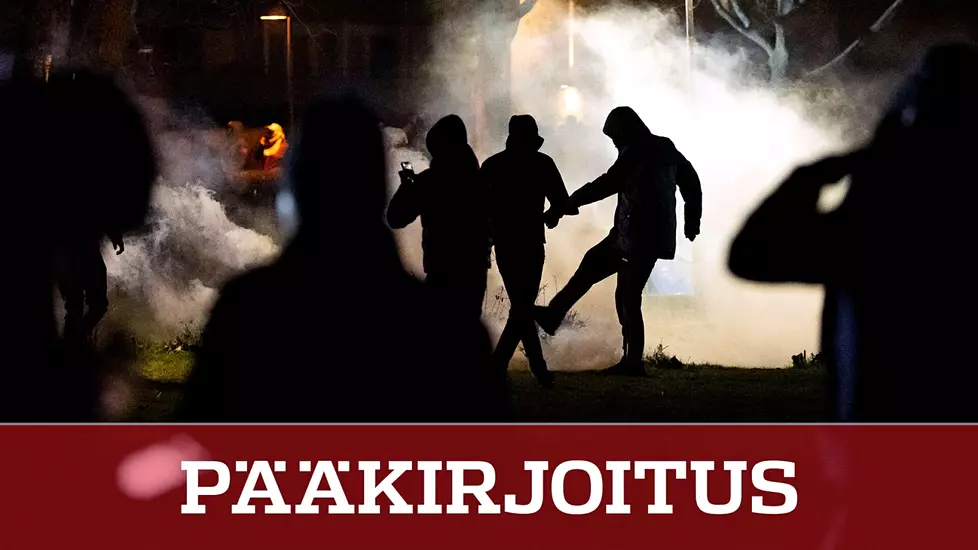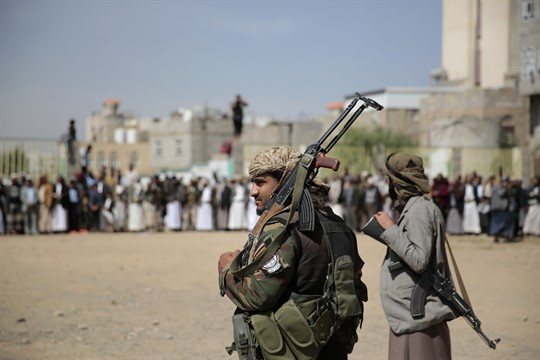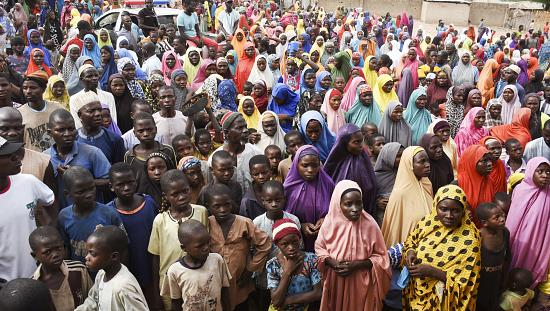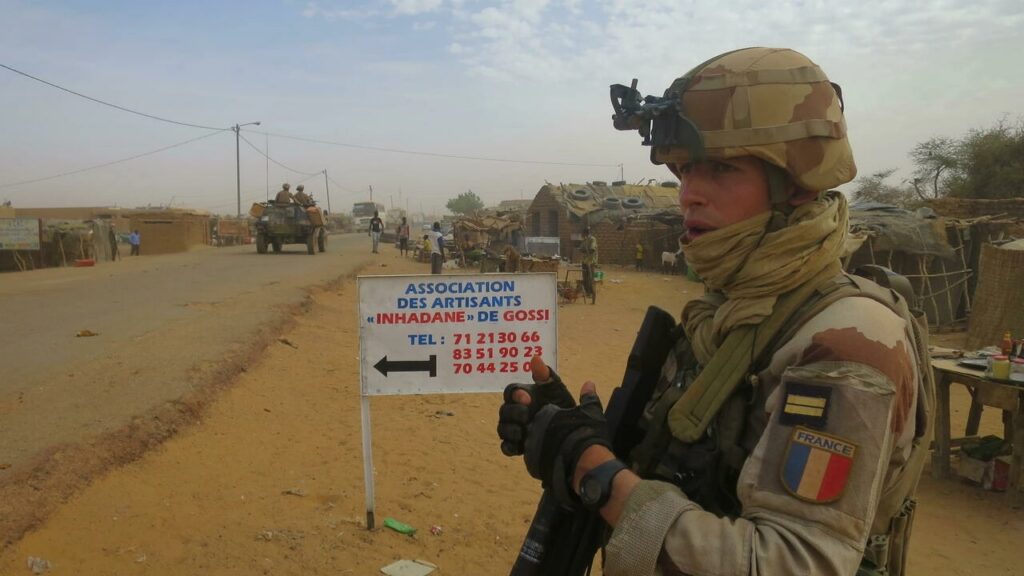Det måste vara lagligt att bränna Koranen
Efter påskhelgens kravaller i Sverige höjs röster för att förbjuda koranbränning.
Måtte svenska politiker hålla emot.
Under påskhelgen 2019 satte tre polska aktivister i staden Płock upp bilder av Jungfru Maria försedd med en regnbågs-gloria. Syftet var att protestera mot den katolska kyrkans behandling av HBTQ-personer.









